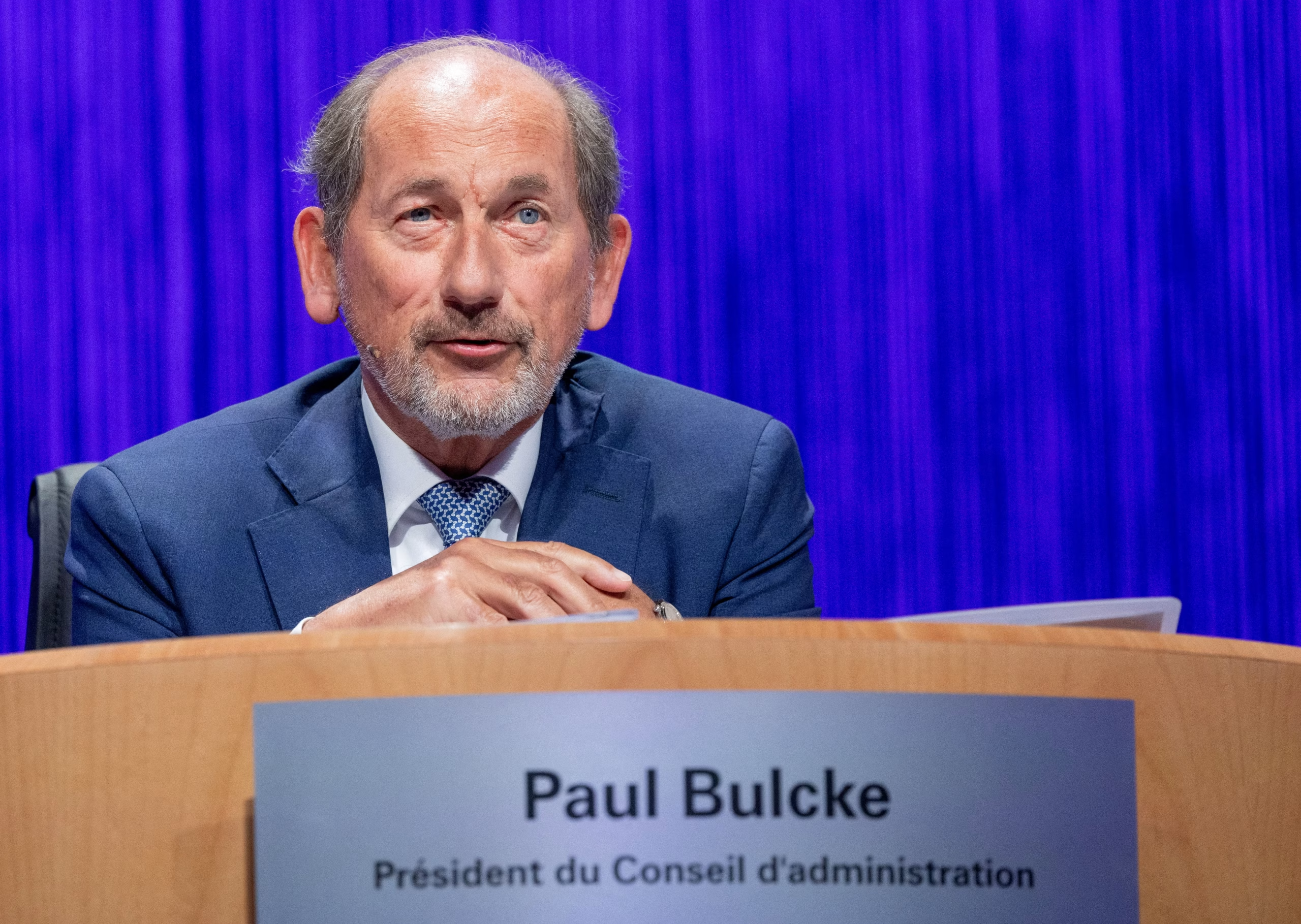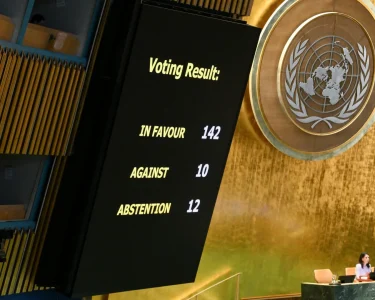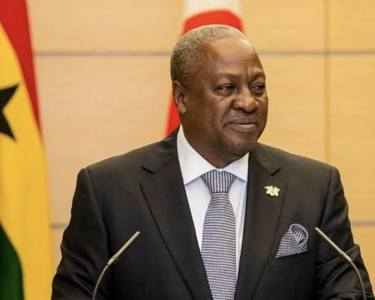Nestlé Investors Push for Chairman’s Resignation Amid Leadership Turmoil
Nestlé (NESN.S) investors are calling for Chairman Paul Bulcke to step down following the departure of a second chief executive in just over a year, the Financial Times reported on Saturday.
Shareholders told the FT that the dismissal of former CEO Laurent Freixe and the handling of investigations into his conduct have deepened concerns about corporate governance at the Swiss food giant. Many now question Bulcke’s leadership and decision-making.
 Nestle investors have called for Chairman Paul Bulcke to step down over the departure of a second chief executive in just over a year, the Financial Times reported on Saturday.
Nestle investors have called for Chairman Paul Bulcke to step down over the departure of a second chief executive in just over a year, the Financial Times reported on Saturday.
“I don’t think Bulcke will move on before April, but he should have left when Mark Schneider was forced out,” Alexandre Stucki, founder of AS Investment Management, which represents some of Nestlé’s founding family investors, told the newspaper.
Nestlé abruptly dismissed Freixe at the beginning of September for failing to disclose a romantic relationship with a subordinate. His ouster came a year after predecessor Schneider suddenly departed, and only a few months after Bulcke said he would step down next year.
A company spokesperson told the Financial Times (FT) that the two CEO departures were unrelated and insisted that Freixe’s conduct was a “clear breach” of Nestle’s code of conduct.
 Nestlé’s sales volumes weakened after the pandemic, as soaring raw material costs forced the company to sharply raise prices.
Nestlé’s sales volumes weakened after the pandemic, as soaring raw material costs forced the company to sharply raise prices.
Bulcke, a 70-year-old Belgian and Swiss national who has been chairman of the board since April 2017, joined Nestle in 1979 and served as the company’s CEO from 2008 to 2016. Support for Bulcke has been ebbing away due to doubts about Nestle’s recovery after the pandemic, investors told AfrikTimes in July, with sales volumes at the world’s largest maker of packaged food flagging in 2023 as it increased prices to offset rising raw material costs.
When Bulcke was re-elected in April, he secured 84.8% of the vote, a steep decline from the nearly 96% support he enjoyed in 2017.







